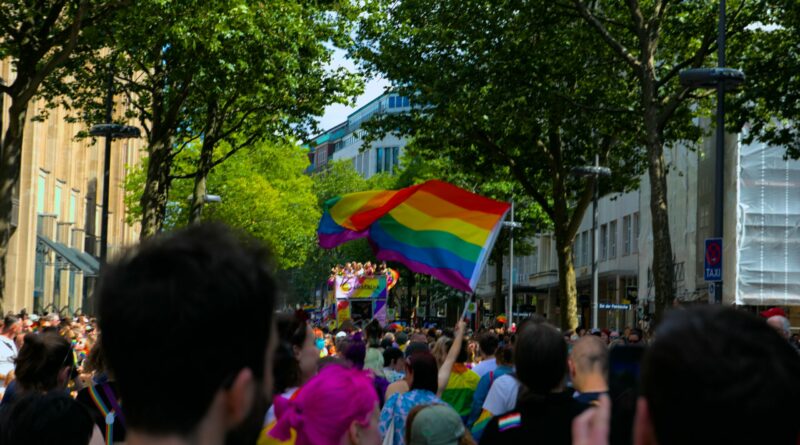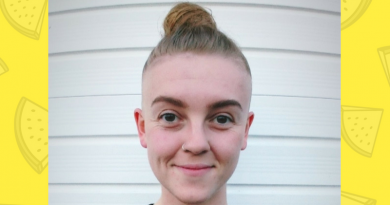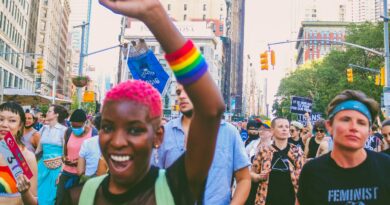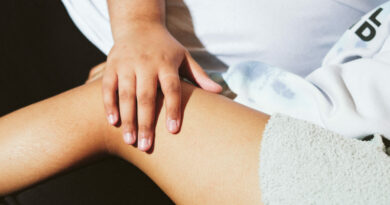Blog: Growing up asexual
In this personal essay, Fumble contributor Kate Taylor writes about the loneliness of discovering her asexuality
In a world of 7.5 billion people, about 75 million of us are ace. Ace, in case you didn’t know, is short for asexual. You might have heard this term in your biology class, when the teacher was talking about the reproduction of a spider plant, but it applies in a slightly different way to people. Being asexual means someone feels little or no sexual attraction to other people. It’s that simple! But it can be a confusing and alienating sexual orientation to identify with.
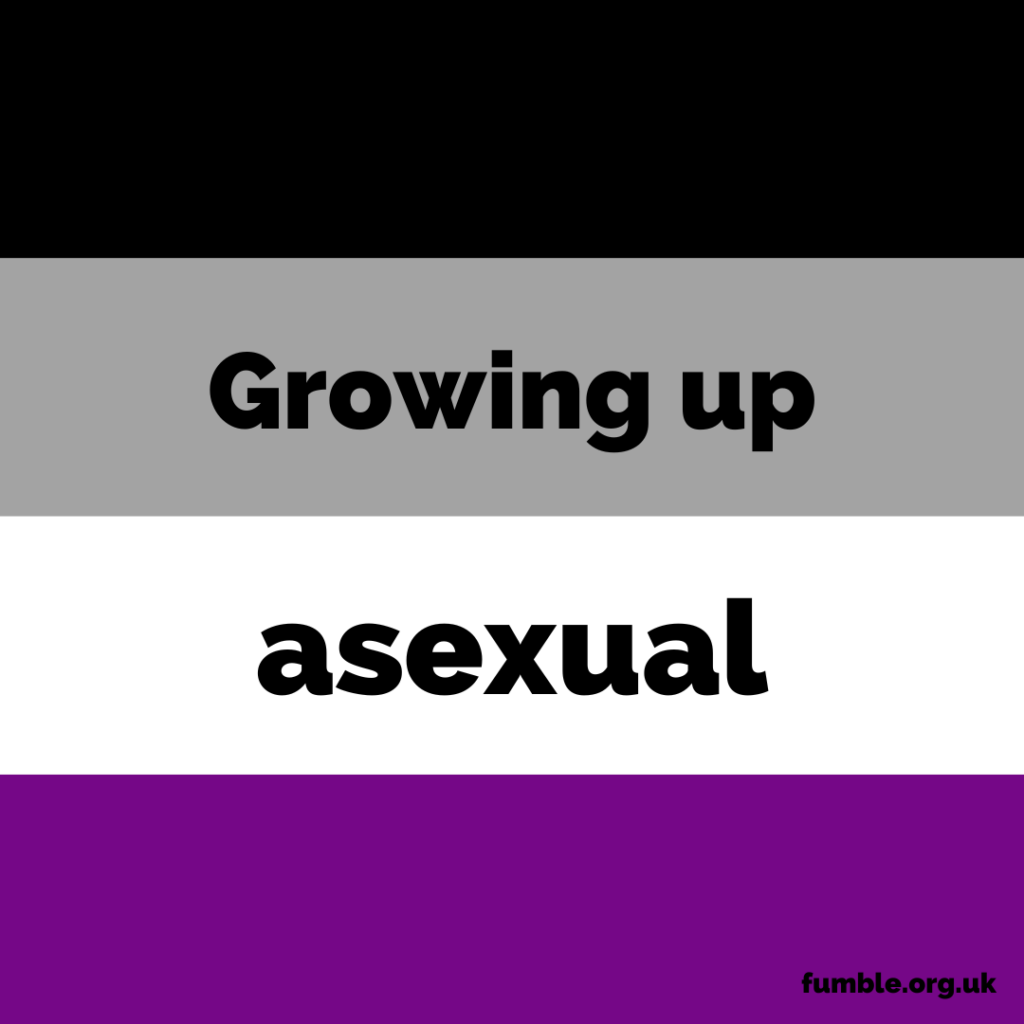
Why can it be so confusing and alienating?
Sexual attraction is difficult to define, because it varies from person to person. Feeling confused, however, can pale in comparison to the sense of isolation and hopelessness you may feel if you are asexual but haven’t discovered the asexual community.
When I was eleven, I started to describe myself as the instruction card that comes with a pack of cards. I knew all the games you could play, I had the same shape and pattern as all of the cards, but I felt I would never be part of the game, that I would never have a pair or a suit. I felt very much alone.
This feeling grew as puberty started to hit the playground. It seemed as though everyone had started to experience something that I hadn’t. Sure, my body had started to change, but that was it. My mind was still sure about one thing: I did not want to think about, talk about, or have anything to do with sex. I just wasn’t interested.
Throughout my adolescence, my friends worked on this for me. I was matched with a boy in my sixth grade class – and since I didn’t have sexual attraction, he didn’t seem creepy, and he was in the advanced group with me. It seemed a logical match. And I ended up liking him very much, because I thought he was funny, and it was easier than being alone.
I wrote him love poems, and we ended up dating in high school, where the romantic distance seemed to grow from a spider plant clipping to a fully-fledged forest. I experienced my first kiss, and found that I did not, under any circumstances, want another person’s tongue in my mouth. When I told my mom this, she laughed and said that someday I would. I’m still waiting.
Finding asexuality
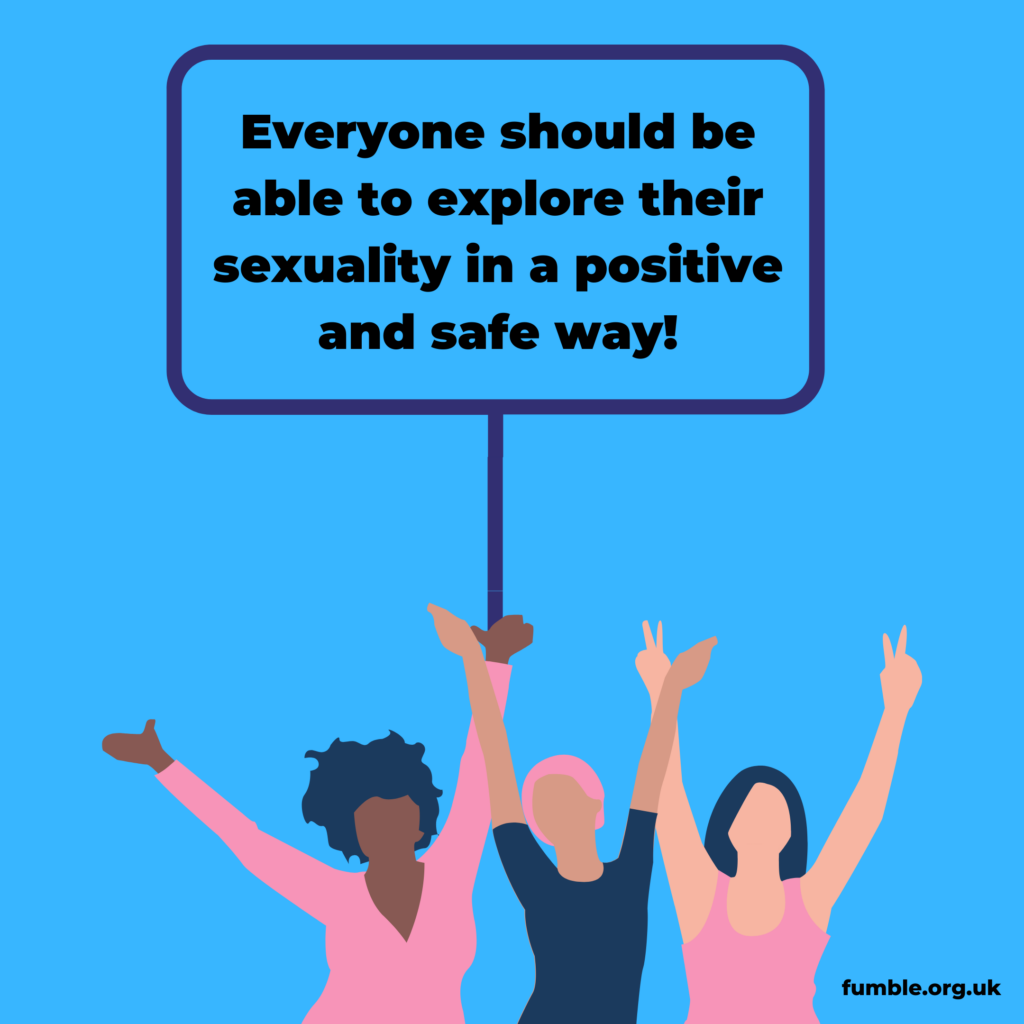
In college, my friend Carly introduced me to the concept of asexuality. I was the child of a small town, in an age where internet access was confined to one room, saved for homework and information about Harry Potter. So I had never heard of it. As soon as I discovered asexuality, my heart latched onto it. But I was afraid to claim it as my own.
I was afraid I didn’t fit the definition the ‘right’ way and worried that, down the road, the ‘understanding’ would come and I’d no longer be asexual.
Another friend told me that as long as I continued to support the asexuality movement, even if I found that someday I didn’t want to identify that way any more, there was nothing wrong with claiming asexuality as a way to identify.
So I held onto being ace in my heart. I didn’t talk about it, or really do much at all with it, other than look for articles and relating experiences. But I held onto it with all the hope I had, because it did one major thing for me: it put me back into the deck.
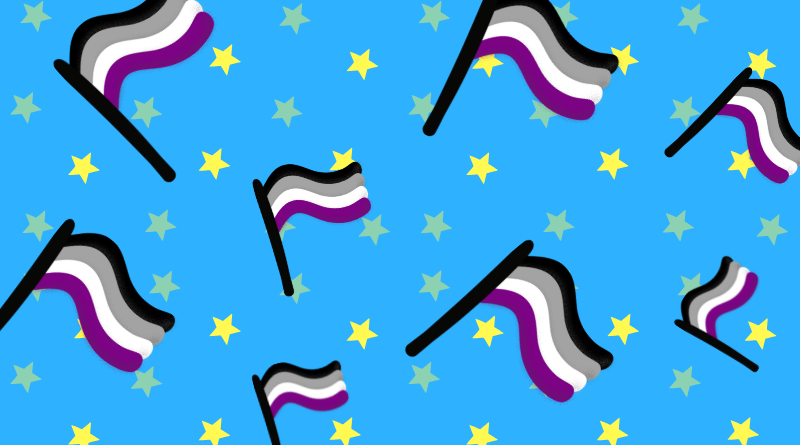
I was no longer the instruction card. Instead, I was the ace, with suits and pairs and games. I was back in the human mix, instead of alone and isolated. I was, and am, one of 75 million.
Other support
- Check out the resources and forums on The Asexual Visibility and Education Network
- Galop’s referral form is for anyone who needs help after experiencing aphobia
- Read the stories of other ace people in this GLAAD article
- Show Stonewall’s guide to being an asexual ally to your friends so they can better understand your identity
- The Trevor Project – Understanding asexuality
- Stonewall – Ace hub
Read more
Last Reviewed 20 February 2023
Image Credit: Justin Luca Krause via Unsplash

